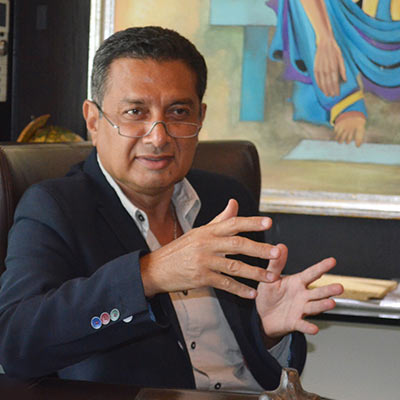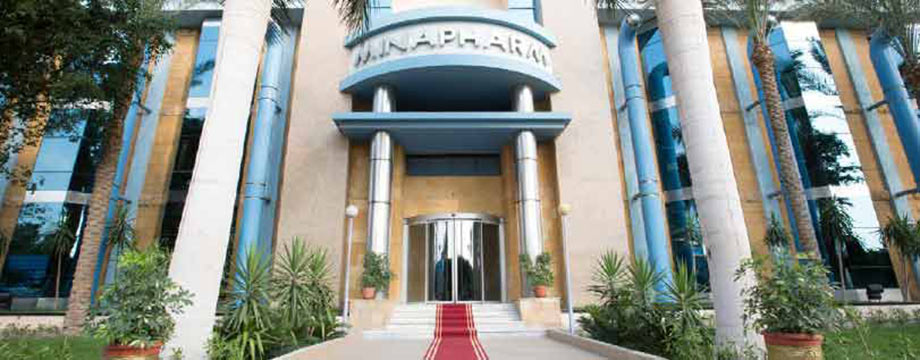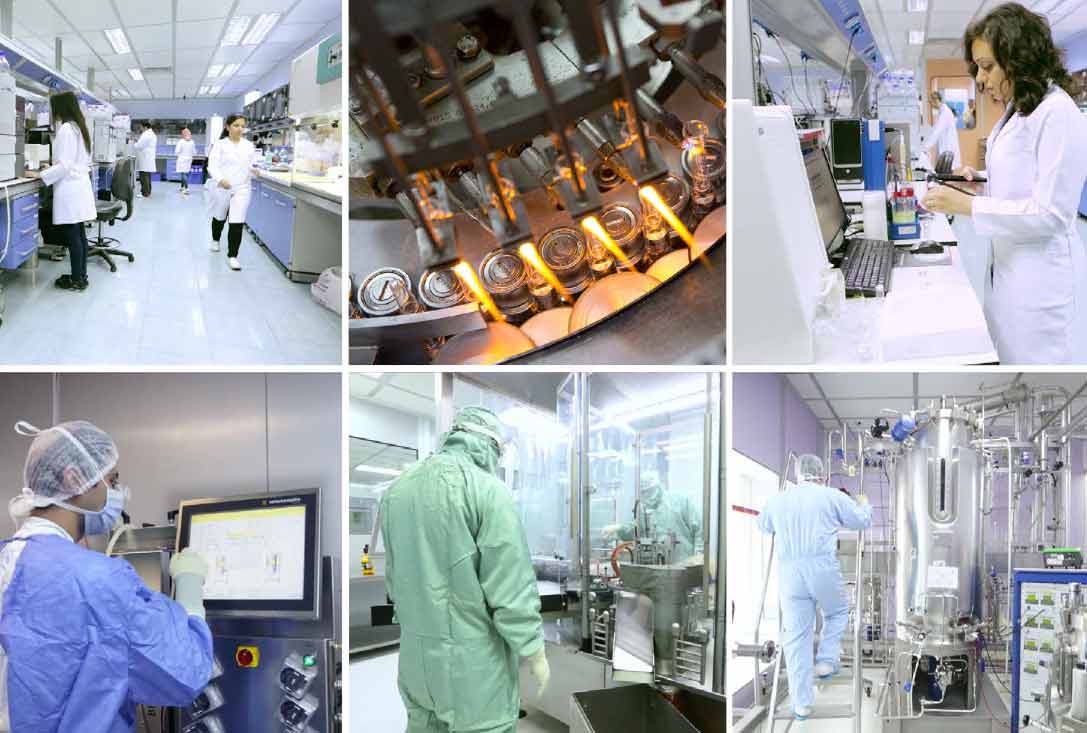Endorsed by its favourable logistical positioning, cost-efficient production scheme and advantageous trade agreements, Egypt is considered a key pharmaceutical hub for the Middle East, Europe and Africa. The devaluation of the local currency allows Egypt’s newly established and growing companies to capture solid returns, as growth is expected in the market, a robust increasing of exports foreseen and the subsequent appreciation of the Egyptian pound projected – given the actual improving macroeconomic conditions that are revamping Egypt and the sector. Confident of Egypt’s economic outlook, Chairman and CEO, Dr Wafik Bardissi predicts only better business to come starting on 2018: ‘’Egypt presents a unique investment opportunity for foreign direct investments across many sectors, including pharmaceuticals. Next year will witness a direct investments across many sectors, including pharmaceuticals. Next year will witness a more profound stability in different industries, where companies are capable of adjusting to the new economics of the now-different industry dynamics.’’

Minapharm is committed to maintaining its pioneering position in introducing novelty technologies and products that continuously develop the Egyptian pharmaceutical market
A collaborative environment and partnerships among leading Arab pharma organizations can evolve the Egyptian initiative into a general Arab experience
“Egypt’s pharmaceutical sector is seeing increasing attention from investors and, starting in 2018, we foresee growing stability for businesses capable of adjusting to the new economics of a changing industry,” states Dr. Wafik Bardissi, chairman and CEO of Minapharm Pharmaceuticals, one of the leading pharmaceutical companies in Egypt and the Middle East. His company is at the forefront of this changing industry.
“The global approach to unmet medical needs is shifting from small molecules to complex genetically engineered products and next-generation advanced therapy medicinal products (ATMPs)“
Backed by half a century of experience, leadership in the pharmaceutical industry and a broad portfolio of products, Minapharm is constantly striving to provide innovative quality medicines and services to patients in developing countries at affordable prices, allowing them to get a timely benefit from the latest advances in pharmaceutical and biopharmaceutical research technologies. Dr Bardissi draws a parallelism between the company and country: “The history of Minapharm has much in common with the history of Egypt during the last century; we have been subjected to the same stress tests such as going through nationalization, wars, revolutions, and the devaluation of the pound, and yet showed outstanding resilience. This is a great achievement“
Minapharm, with its longstanding expertise covering a wide spectrum of medicines, ranging from small molecules to extremely complex bioengineered proteins, produces more than 150 products under specialized lines in the fields of gastroenterology, cardiology, ophthalmology, orthopedics, gynecology, dermatology and others; ranks among the leading pharmaceutical companies in the region. Minapharm’s unique biotech business model allows the company to offer life-saving and life-enhancing medications, which are normally very expensive, at affordable prices as they are manufactured straight from the cell to the finished product. Dr Bardissi explains that in order to achieve Minapharm’s mission ‘Innovation made affordable’ and strategic goals, “Minapharm exploits a robust research and development platform combined with strategic multi alliances, involving industry players at the forefront of the latest pharmaceutical technologies, marketing, and management techniques“

In the late 90s, Minapharm embarked in a joint venture with a European bio-technology leader to establish a first of a kind company in Egypt, Africa and the Middle East, specialised in the research, development, and manufacturing of complex genetically engineered products for unmet medical needs.
In 2010, Minapharm consolidated its business model by acquiring Probiogen AG, a Berlin-based internationally renowned contract development and manufacturing organization, provider of intelligent proprietary technology to the international biotech industry with a focus on cellular engineering, process development and GMP manufacturing. Dr Bardissi states the positive reflection of this acquisition on the overall company’s performance: “This transaction provides a visionary cooperation platform to use German know-how to develop and market innovative and affordable medicines, including advanced immunotherapies that are now in our pipeline.’’ This operation has gained tremendous interest from the German and European public, as for the first time in the industry, the buyer of an established leading European biotech enterprise comes from an emerging market such as Egypt. “While synergy projects are constantly driving technology transfer between Cairo and Berlin, investments in two new facilities are ongoing to push forward the independent businesses of Minapharm and its German subsidiary Probiogen, “ Dr Bardissi adds.

Minapharm has achieved the goal of establishing a sustainable pharma and life science model based on innovation. Its organizational intelligence and hybrid research culture provided the means to produce innovative, affordable medicines and technologies with strong local presence and global outreach. It is not unlikely, to see Minapharm implementing a radically ongoing transformation of the global healthcare industry from yesterday’s traditional chemical compounds to today’s complex genetically engineered medicines and tomorrow’s advanced therapy medicinal products. ‘’Minapharm is committed to maintaining its pioneering position in introducing novelty technologies and products that continuously develop the Egyptian pharmaceutical market,” confirms Dr Bardissi.
The GCC and Arab markets are natural prime partners for Egyptian businesses given the geographical proximity, socio-political ties, as well as economic and market familiarity given the significant existing cross border investments. In that sense, Dr Bardissi agrees that the GCC and Arab markets are the natural extension for Minapharm’s business development: “The dynamic complexity and rapid advances marking the transformation of the pharma industry are immense. A collaborative environment and partnerships among leading Arab pharma organizations can evolve the Egyptian initiative into a general Arab experience. The consequent contribution to expansion of the investment and trade cooperation horizons between Arab countries is self-explanatory“
